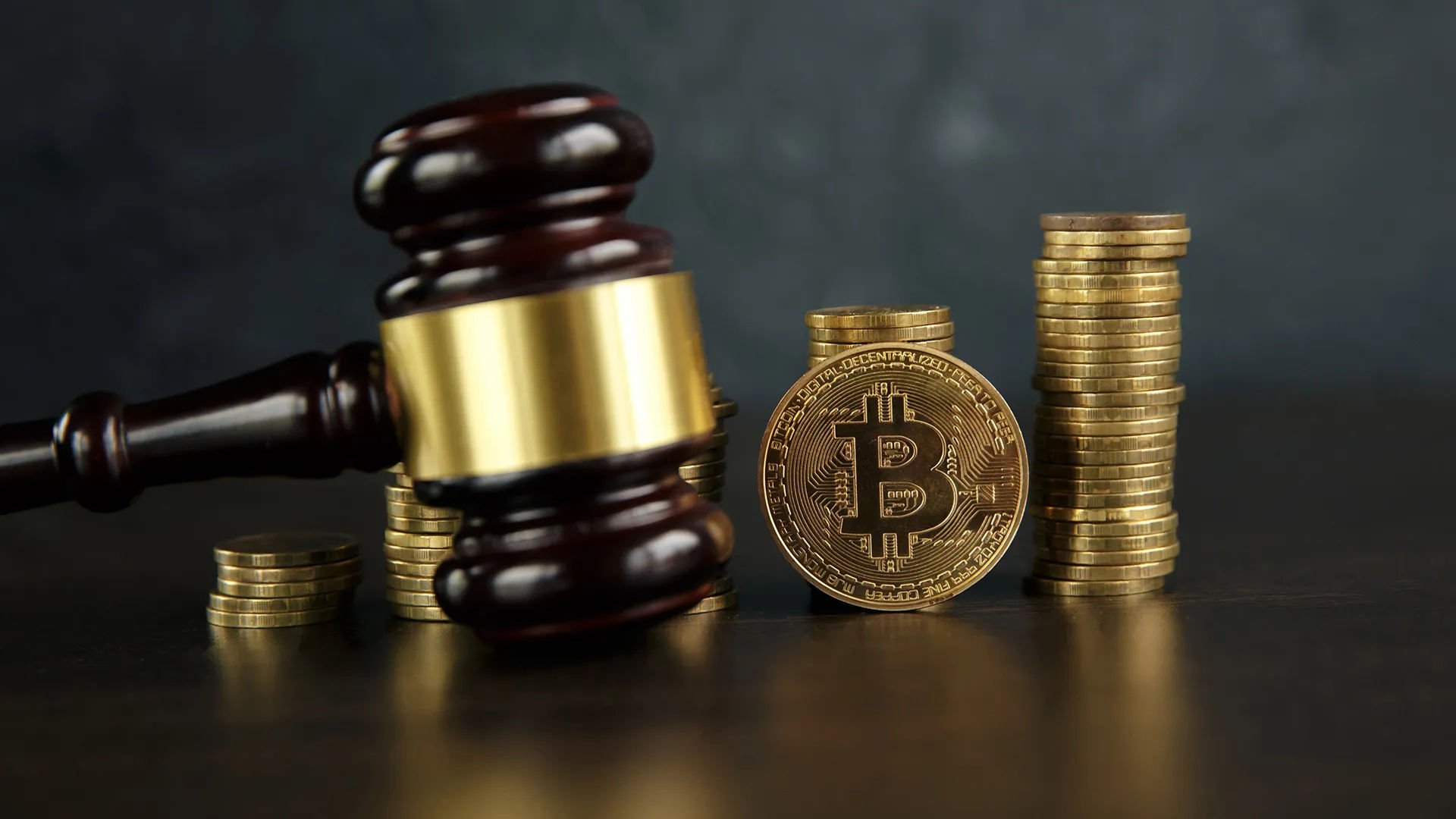With global governments advancing rapidly on crypto regulation, the UK has introduced the “Property (Digital Assets etc) Bill,” which seeks to classify cryptocurrencies and other digital assets, including NFTs, as personal property. This also extends to carbon credits.
The goal is to stay ahead of the trend and become one of the leading countries to recognise these assets in law.
If passed, the bill would legalise crypto assets, potentially opening the door for blockchain-based companies to operate in the country. Currently, crypto assets do not fall under the scope of English and Welsh property law.
Commenting on the status of cryptocurrencies in the country, a statement published on the government website explains that crypto assets currently fall into a “legal grey area.”
Addressing the new bill introduced in the UK Parliament, Justice Minister Heidi Alexander said: “It is essential that the law keeps pace with evolving technologies, and this legislation will ensure that the sector can maintain its position as a global leader in crypto assets and bring clarity to complex property cases.”
Will The New Law Help Create A Better Environment For Crypto Firms In The UK?
The UK has been a difficult environment for crypto companies. In an annual report published by the country’s financial watchdog, the Financial Conduct Authority (FCA), it was revealed that nearly 90% of crypto firms failed to secure registration due to inadequate Anti-Money Laundering (AML) measures.
For some time, blockchain startups in the UK have been relocating to crypto-friendly countries such as Singapore and Luxembourg. While the new law doesn’t specifically address crypto companies and their operations, it could be a step in the right direction.
This week, in an unprecedented case in the UK, a Londoner was criminally charged for using “crypto ATMs.” With legal recognition of crypto assets following the passage of the new bill (if passed), such activities may no longer be treated as criminal offences.
Governments Across The World Are Now Acting On Crypto Legislation
Recently, more governments across the globe have become active in crypto legislation. Donald Trump has pitched making the US the crypto capital of the world as part of his economic policy.
Meanwhile, Russia has stepped up its efforts, passing two laws that legalise crypto mining and the use of cryptocurrencies for international payments.
Last month, Nigeria’s SEC made it legal for authorised crypto exchanges to operate in the country, granting conditional licences to two exchanges. Additionally, Indonesia recently granted a full licence to Tokocrypto, a Binance-backed crypto exchange.
The move to bring cryptocurrencies under the “property law” can be seen as the UK government’s plan to keep pace with global developments.













